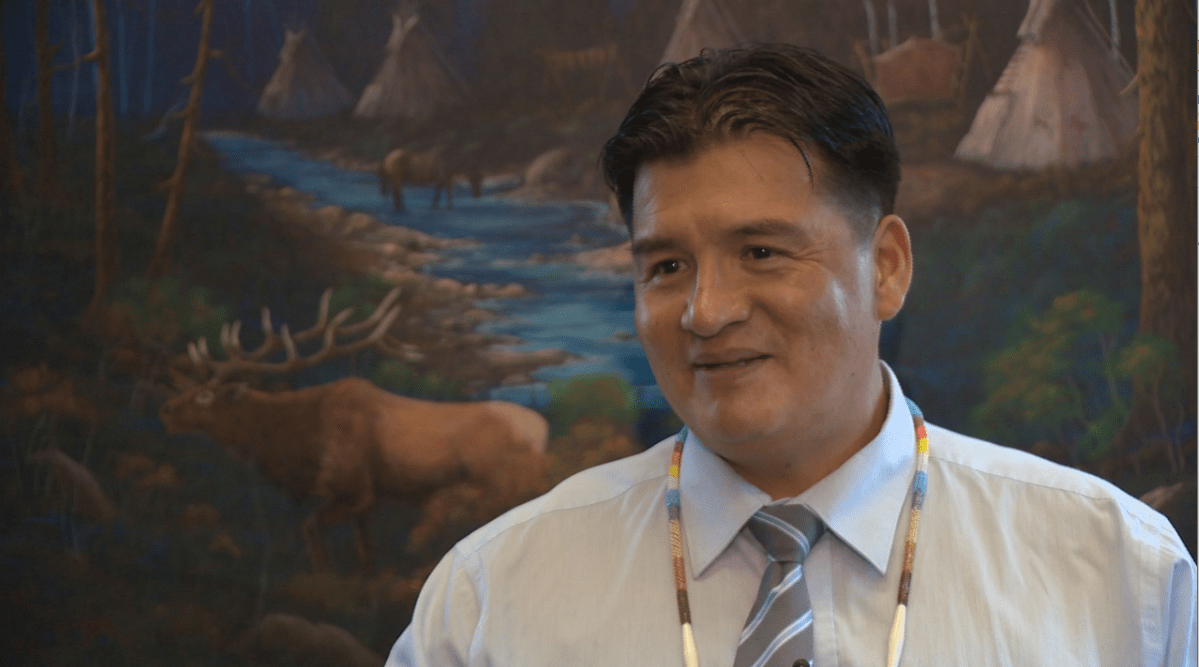Education Minister Bronwyn Eyre has faced criticism over the past few days for comments relating to the integration of Treaty Curriculum. Vocal critics of the minister’s comments include the Saskatchewan Teachers’ Federation and the Federation of Sovereign Indigenous Nations (FSIN).

During a debate on the Throne Speech last week, Eyre said the following:
“There has come to be at once too much wholesale infusion into the curriculum, and at the same time, too many attempts to mandate material into it both from the inside and by outside groups,” she said.
She also found material in her son’s Grade 8 history assignment suggesting all pioneers were ill-meaning.
“He’d copied from the board the following … presented as fact: that European and European settlers were colonialists, pillagers of the land who knew only buying and selling and didn’t respect Mother Earth,” Eyre said.
READ MORE: FSIN, teachers raise concerns after minister’s comments on Indigenous education

Get daily National news
Both the STF and FSIN released statements questioning these comments.
Eyre said Thursday during question period that since then she’s had constructive conversations with both FSIN Chief Bobby Cameron and STF president Patrick Maze.
“We had a good conversation, right. It’s about working together,” Cameron said in a phone interview Thursday.
“The comments that she made, what she really meant was maybe we need to look at different avenues or different approaches of teaching treaty, because her stance was teaching treaty in the classroom has to continue.”
Now, Cameron said they will have to continue to the discussion with the ministry and other stakeholders to ensure that students learn the full lesson of treaty rights in an effective way.
The treaty curriculum is set to be reviewed at the high school level. Eyre said these lessons can take different shapes. This could be the continued infuse materials to having it be a separate class.
Cameron said if it becomes a separate class it needs to be mandatory.
“If it becomes and optional class, where students decide if they take it or not, we’re not going to have much of a buy in on students who take it,” he said.
For his part, Maze said he would prefer to keep the conversation between himself and Eyre. He said he expressed his concerns as he has publically.
One of the primary reasons Maze is supportive of infusing treaty education is to help “lagging” graduation rates of First Nations students.
“It’s a direction we all believe is important for us to go, and we hope that she’s now on board with that and understanding.”
With files from The Canadian Press








Comments